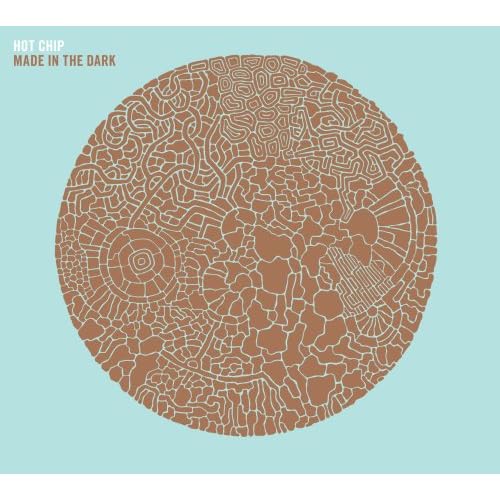
The Universal Symbol for Emptiness
a group exhibition curated by Calvin Phelps
fall 2006
If emptiness can be defined as “an experience of being without, of not having,” then we have all, in our lives, experienced a form of emptiness. It is arguably a presupposed position starting from our birth and a state that we attempt to fill with experience throughout our lives. The state of emptiness is a point of beginning in both Eastern thought and Christianity, and can be seen alternatively as the ideal point of spaciousness and freedom or the point of crisis, deficiency and oppressiveness.
In psychoanalysis, C.G. Jung’s concept of the collective unconscious refers to the part of a person’s unconscious that is common to all people. Jung theorized that particular symbolic subject matter do exist across all cultures, through all time, and in every person. Is emptiness an unconscious part of us that can have a representative archetype? If so, what is it and how can it be depicted?
This exhibition tries to answer these questions, while raising more provocative ones. The work in this exhibition does not simply evoke the personal-psychoanalytical artists’ response to trauma or loss, but looks at the various forms the void of emptiness can and does take.
Please submit images of works for consideration for this exhibition to Calvin Phelps, 411 S Main St #413, Los Angeles, CA 90013 or email mail@calvinphelps.com.
______________________________________________________
Carl Jung is buried in a family grave at the Protestant Church Graveyard in Kusnacht. The gravestone is rectangular about five feet in height, bearing the arms of the Jung family, and beneath this the names of father, mother, sister Gertrud, wife Emma Jung-Rauschenbach, and C.G. Jung. The top and bottom borders repeat in Latin the motto he choose for his house Vocatus atque non vocatus deus aderit (Called or not called, God will be present). The right and left sides contain a passage in Latin from St. Paul's First Epistle to the Corinthians (1 Cor. 15:47) Primus homo de terra terrenus. Esecundus homo de caelo caelestis (The first man is of the earth and is earthly. The second man is of heaven and is heavenly).







